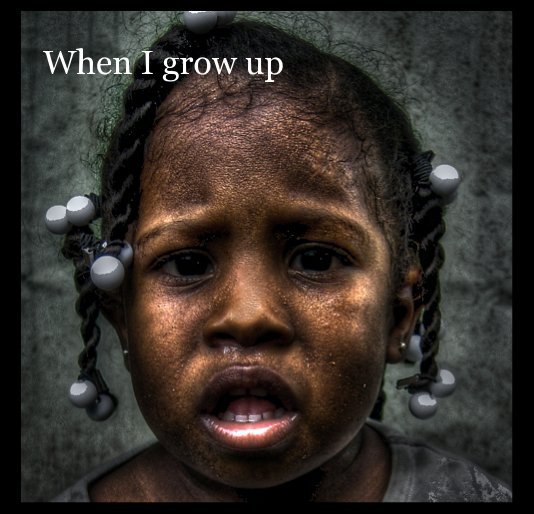About the Book
And this is not a useless suffering; on the contrary, it is a source of knowledge of ourselves, as philosophy and psychoanalysis taught us. Pain is a part of our lives and through pain humanity can acquire wisdom and understanding.
Surely pain can generate knowledge but it is also true that knowledge can induce pain.
The pain, the “pathos” of viewing these images, of hearing these stories, makes us “aware” in the sense of “Pathein mathos”- from ancient Greek- I learn though suffering. Surely this kind of knowledge, which represent many things but indifference to the condition of man, a theme very central in Savino’s work, makes us suffer once more.
Even if pain is a very personal feeling, by indentifying with these photographs, much more intensely than through many intellectual and verbal analysis, pain reaches and envelop us at a personal level.
Savino is a photographic master of identification interplay and reminds us, along with Marina Cvetacva that “ The soul, vertex of spirituality for the common man, is for the spiritual man, almost flesh”.
Guglielmo Campione
Italian, medical doctor,
psychiatrist and psychoanalyst,
accomplished diver, musician and writer.
Features & Details
- Primary Category: Fine Art Photography
-
Project Option: Small Square, 7×7 in, 18×18 cm
# of Pages: 38 - Publish Date: Nov 09, 2010
- Keywords condition of man, Dominican Republic, Azua de Compostela, growing up, family, child, love, suffering, portrait, photography, development, life, pain, childhood, children
About the Creator
Giovanni Savino, an Italian-American photographer, based in New York for over two decades and recently returned to his native Italy, worked for CBS News in various roles for about 30 years. He has independently produced a series of documentaries on folk music and disappearing oral traditions that have been broadcast on PBS, CNN International, and are in the permanent collections of many academic institutions in the United States and abroad. A speaker at TED-X, Giovanni is currently a practitioner of "Slow Photography", trying to divulge the use of large format equipment and techniques of the past, while developing new strategies for the sustainability of analog photography in our digital age. Giovanni operated a large format portrait studio and darkroom in Manhattan, New York, for many years. Since he moved back to Italy, he continues to offer portraiture sessions by appointment and analog photography workshops.


